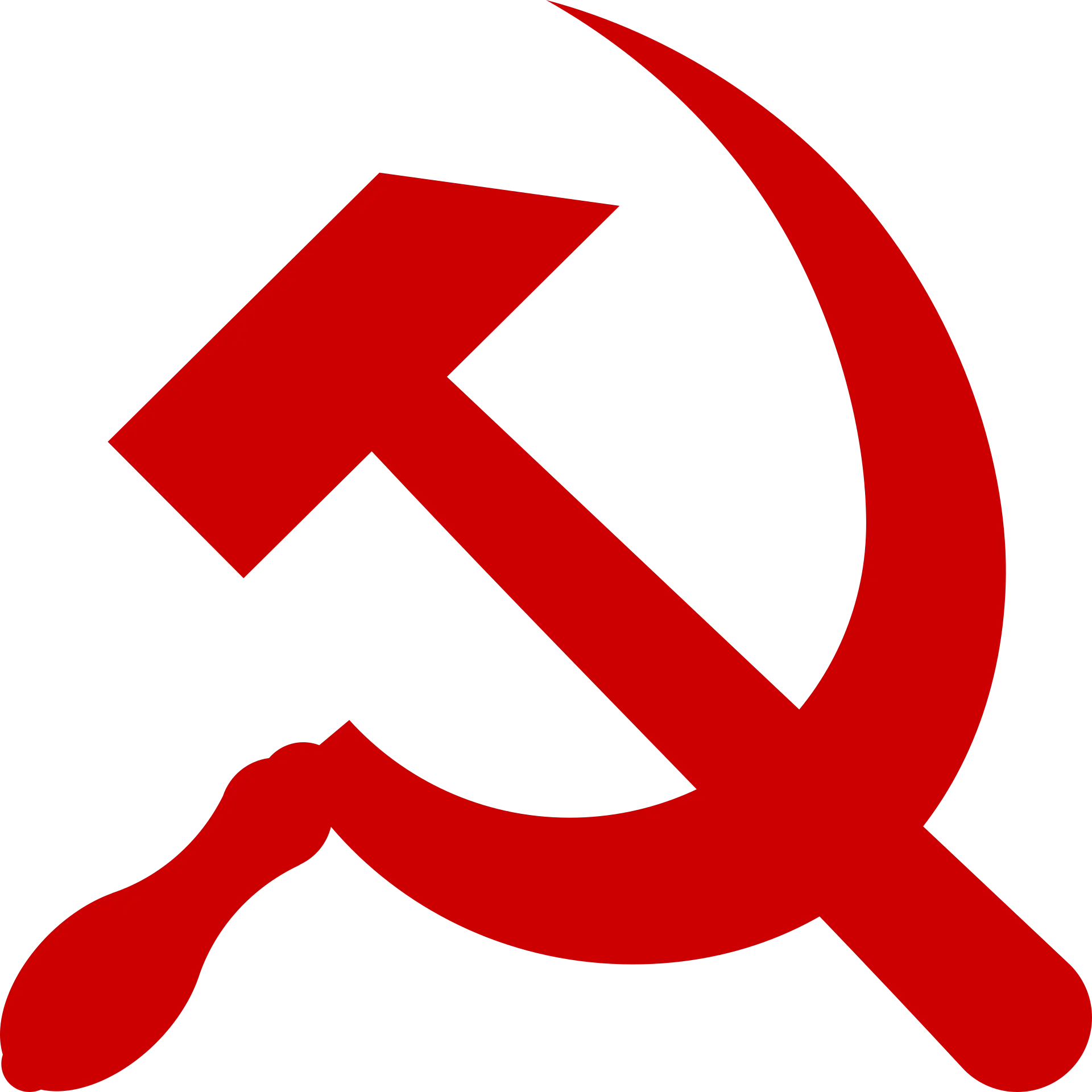We can look at the question from the following perspective. If we accept the premise that China operates under state capitalism, what implications does that hold? At its core, capitalism is defined by private ownership of capital, where individuals or entities control labor’s objectives and structure. Enterprises under this system exist primarily to expand their owners’ wealth, with any societal benefits emerging only as incidental byproducts.
State-owned industries, however, serve a fundamentally different purpose, even if their organizational structure superficially mirrors private enterprises. Their primary aim is to mobilize labor toward socially beneficial objectives such as constructing infrastructure, expanding housing, ensuring food security, and similar public goods. Crucially, capital accumulation by private individuals is absent in this model. Profits generated by state industries are reinvested directly into public services, infrastructure, and long-term national development.
While valid critiques can be made about organization of SOEs or potential worker alienation within their hierarchies, the system’s focus on collective welfare, rather than private profit, makes it fundamentally different from actual capitalism. When evaluated by its capacity to prioritize societal needs over individual wealth extraction, this framework is clearly superior.


How does money translate to political power? What is it that Billionaires do in the US to exert their power? Can they do the same in the PRC? This is a foundational question any Marxist must analyze and investigate to begin to understand how to establish Socialism to begin with.
So far, you have avoided answering that question, and resorted to insults towards others trying to coax that answer out of you.